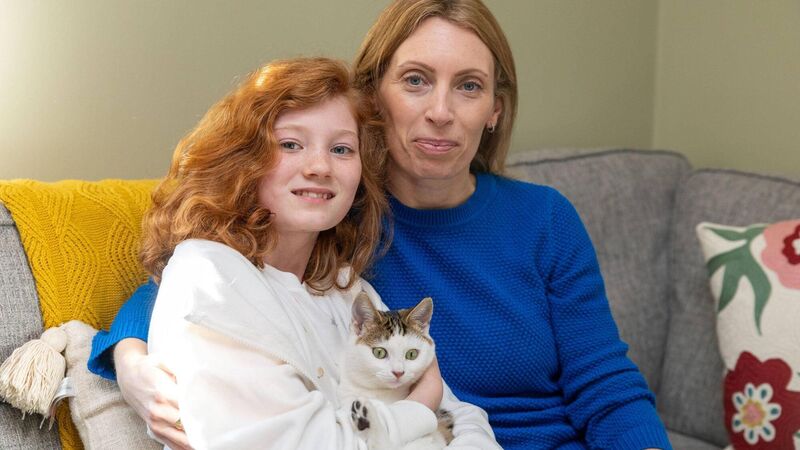‘YOU HAVE this gorgeous child, who wants to play and have fun with you, and you’re dragging yourself around, trying to make it through the day.” This is how mother of one Linda Murray describes parenting while having adenomyosis and endometriosis, whereby cells similar to the womb’s lining grow in the muscle wall of the uterus and outside the uterus. Symptoms include fatigue, severe pain, and fertility problems.
“Exhaustion is the real issue for me, my most relentless, debilitating symptom,” says Murray, 46, from Monasterevin in Co Kildare. While some days are better than others, the fatigue feels constant. “Like a feeling of ’flu in your body, in your muscles and bones, like you’re coming down with something, and it’s all the time. Most people start their day on a good battery. I feel my days start at 10%.”
Already a subscriber? Sign in
You have reached your article limit.
Subscribe to access all of the Irish Examiner.
Annual €130 €80
Best value
Monthly €12€6 / month
Introductory offers for new customers. Annual billed once for first year. Renews at €130. Monthly initial discount (first 3 months) billed monthly, then €12 a month. Ts&Cs apply.
CONNECT WITH US TODAY
Be the first to know the latest news and updates










